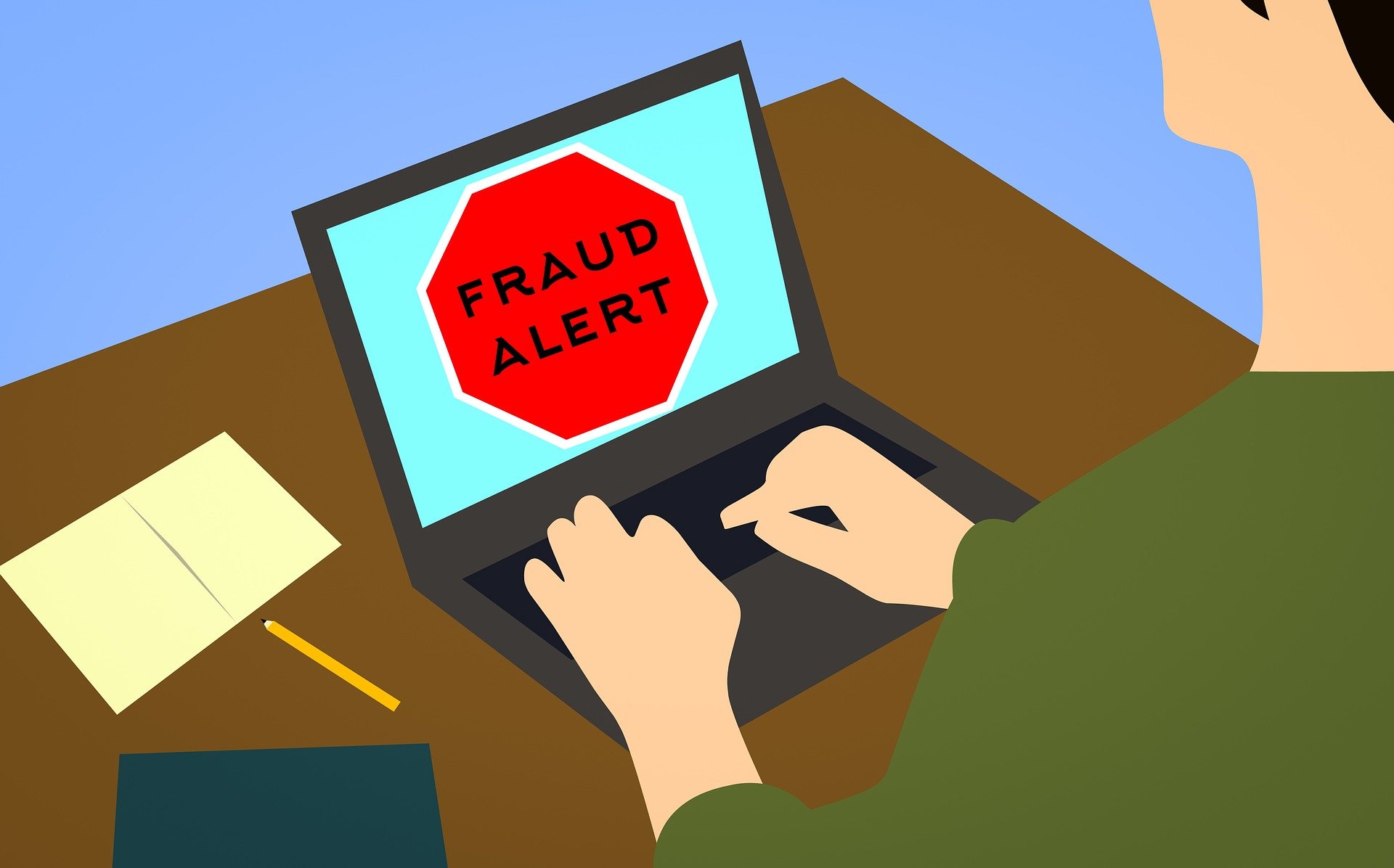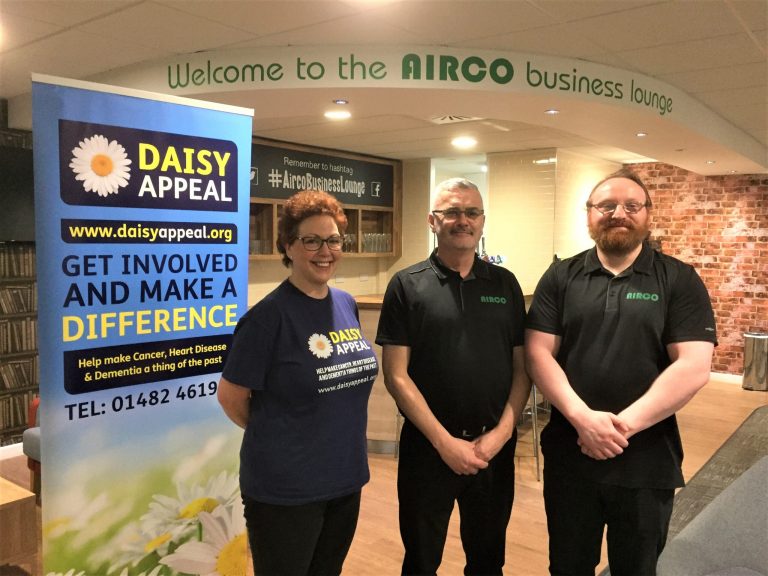Being a victim of fraud can have devastating and long-lasting implications for people.
It’s the Economic Crime Unit’s job to investigate serious and complex fraud, and in the last two years, they’ve also developed their remit to include organised crime and money laundering.
On top of that, the department has also developed a three-tier support programme to help ensure that all victims of fraud receive the correct fraud prevention advice.
The team is made up of four Detective Constables, a Detective Sergeant, a Detective Inspector, and a Detective Chief Inspector, as well as an action fraud SPOC, who deals with victims of fraud, and a disclosure office.
We spoke to Detective Sergeant Ben Robinson, from the Economic Crime Unit, who has answered some of the most common questions we get asked about fraud, as well as how it’s dealt with.
What’s classed as fraud?
DS Robinson: Fraud is when criminal deception is used to gain a dishonest advantage, which is often financial, over another person. It can be committed against individuals or businesses.
You’ll hear many words used to describe fraud: scam, con, swindle, extortion, sham, double-cross, hoax, cheat, ploy, ruse, hoodwink, a confidence trick. And those are just a few of the words you might hear.
Fraud is a serious crime, and fraudsters will constantly reinvent themselves to find new ways of tricking people. Anyone can be a victim.
Sometimes people choose not to report fraud because they’re embarrassed that they fell for a scam, or any other word used to describe the crime.
Some people also think that fraud is a victimless crime, or that it isn’t as serious as other crimes. That’s not true. Fraudsters are often part of serious organised criminal gangs, who use the money to fund other crimes such as human trafficking, illegal firearms trade, and terrorism.
Who do I report fraud to?
DS Robinson: If you or someone else is in immediate danger or risk of harm, dial 999 straight away.
Usually, fraud or cybercrime should be reported to Action Fraud, which you can do at any time of the day or night using their online reporting tool.
Reporting online is quick and easy. The tool will guide you through simple questions to identify what’s happened and our advisors are available 24 hours a day to give you help and advice if you need it.
When reporting online, you will be given the option to register, log in to an existing account or continue as a guest. By registering, you’ll be able to:
- Save and resume a partially completed report
- Track progress of your report
- Add information to your report
- Call us to discuss your report
- Receive updates by email
If you continue as a guest, you will only be able to receive updates by email or post.
You can also report to us by calling 0300 123 2040 Monday to Friday 8am-8pm. If you’re calling from abroad, please call +44 300 123 2040.
What happens when I report fraud?
DS Robinson: Reporting fraud and cybercrime to Action Fraud ensures that the correct crime reporting procedures are followed.
When you report it to Action Fraud, you’re given a police crime reference number and your case is passed on to the National Fraud Intelligence Bureau (NFIB), which is overseen by the police force that leads on fraud for the UK – the City of London Police. Making a crime report through Action Fraud also means you’ll receive an NFIB reference number.
In some cases, the police and other law enforcement agencies may want to contact you for further details, so it’s important that you provide us with the correct contact details and keep any relevant information about the crime.
Will I hear from someone?
DS Robinson: You’ll be informed by Action Fraud that your report has been referred to your local police force for investigation and then any enforcement action lies with us at Humberside Police.
Reports are assessed on a daily basis for viable leads and are also used to build a national intelligence picture. If no further action can be taken at that time, you’ll be informed about it, but your report will be retained on file.
We can’t investigate every report individually, but the information you provide will aid us. We use your information to build up intelligence about fraud which includes who is committing what fraud and against whom.
This all contributes to making the UK a more hostile place for fraudsters to operate in and helps to keep other potential victims safe.
Where can I get support if I’ve been a victim of fraud?
DS Robinson: When you report to Action Fraud, you can also choose to have your details passed onto Victim Support, which is a national charity that helps those affected by crime.
If you decide to use this option, you will then be contacted by someone from the charity and offered free and confidential emotional support and practical help.
We’ve also recently set up a peer support group for victims of romance fraud in partnership with Victim Support. You can find out more here.
For fraud prevention advice and further support click here.




